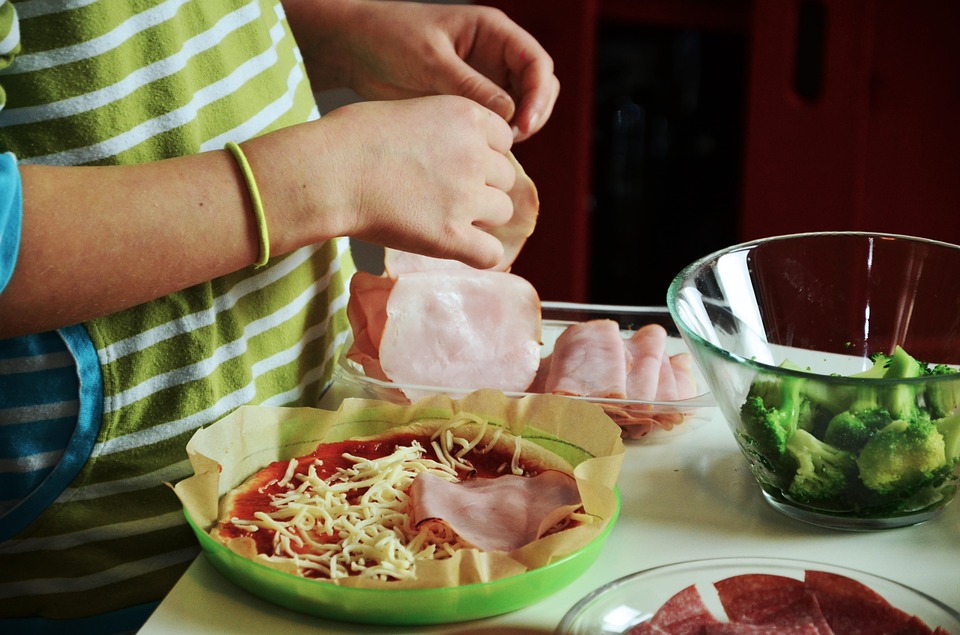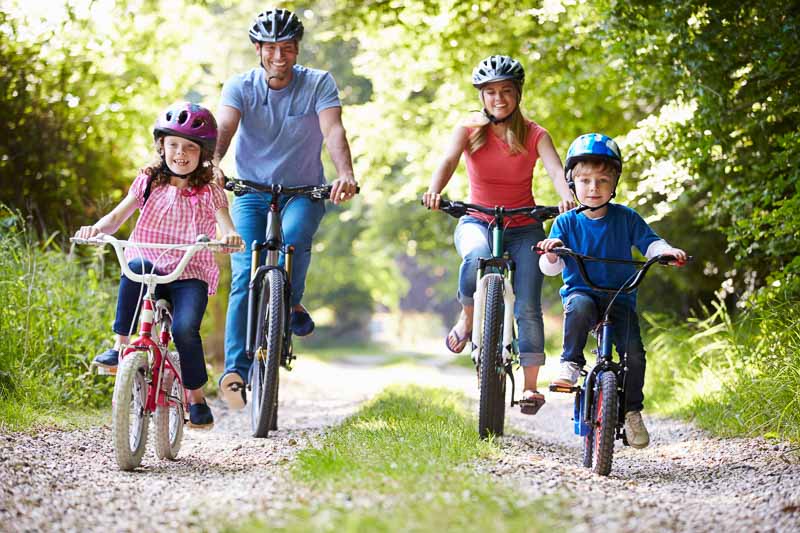It’s one of every parents worst fears, and words you never want to hear “your child has Anorexia.”
According to the World Health Organisation Eating disorders affect at least 25% of the worldwide population, and in 2022 anorexia affected approximately 15-20% of the population and sadly out of those numbers it affects 8-10% of adolescents, and the numbers are rising every year.
Anorexia can occur in anyone, of any age, sex, gender, race, gender, ethnicity, sexual orientation and economic status and individuals of all body weights, shapes and sizes. However due to the developing brains of our kids, it most commonly affects adolescents and sadly is increasing in numbers in younger children.
The pressure for our kids to look a certain way has never been more of a problem than with the emergence of so many social media apps where they see, (what they perceive as the perfect body) even though those images are highly air brushed and filtered.) Our kids are comparing themselves to impossible standards, which as adults we know are totally unrealistic but to a developing adolescent their body image issues can be the end of their world.
The problem isn’t just with girls withholding food in order to be a super model size zero, it’s an issue with boys too, wanting to be more muscular and going to extreme lengths with steroids and/or laxatives to achieve this.
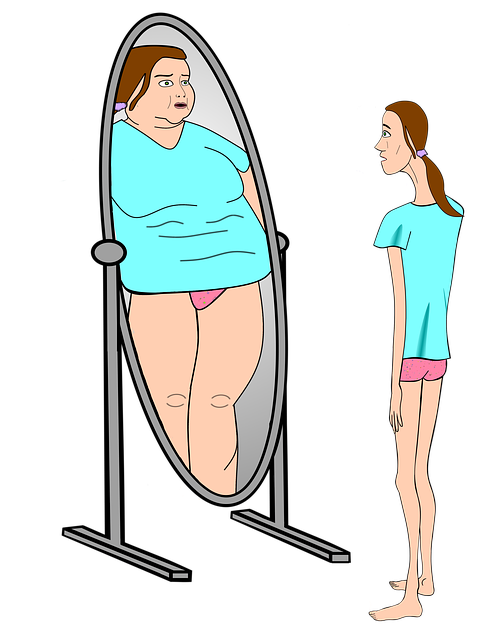
What is Anorexia?
Anorexia, (formally known as anorexia nervosa,) is an eating disorder and it is a serious and potentially life threatening one. People with anorexia limit the number of calories and the types of food they eat in an intense fear of gaining weight. As with any type of extreme food restriction they will lose weight but the psychological impacts of their fears leads to becoming obsessed with food or exercise in a very unhealthy way. A person dealing with anorexia will not be able to maintain an appropriate body weight based on their height, age, stature and physical health.
What is more shocking is that our kids are exposed to websites and apps dedicated to helping them shed weight drastically and places they can upload their images to compare how fast they are losing weight compared to others. Not that we condone breaking trust or invading your child’s privacy, (BUT and it’s a big but) where their physical health and mental state of mind is concerned this is a rule that can be broken. If you have your fears, and we all know that sometimes our parental instincts know best, it’s a good idea to check their browser history to see if any of these tell-tale sites show-up.
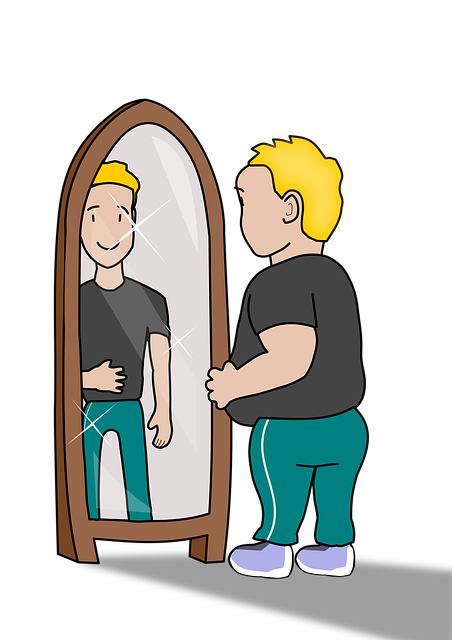
Signs for Parents to Watch-out for
In young adults and pre-teens anorexia is often identified by negative self-talk, skipping meals, leaving most of their food or becoming obsessed with how many complex carbohydrates they eat. They may exercise compulsively and/or purge the food they eat through intentional vomiting and/or misuse of laxatives in order to remove their calorie consumption. As parents a sign to watch out for are comments around a distorted self-image of their body and an intense fear of gaining weight.
Note to parents, be careful what you say to your kids about their body image, how they see you love yourself is how they will learn to love themselves.
You cannot tell if a person has anorexia just by their appearance because anorexia also involves mental and behavioral components — not just physical. A person does not need to be underweight to have anorexia it’s more about their self-worth and individual perception of their body image. In addition, remember someone can be underweight without having anorexia especially in Thailand where many young adolescents have very petite genetic frames.
Physical symptoms of anorexia that are side effects of starvation and malnutrition include:
- Significant weight loss over several weeks or months.
- Not maintaining an appropriate body weight based on your height, age, sex, stature and physical health.
- Unexplained change in growth curve or body mass index (BMI) in children and still growing adolescents.
- Dizziness and/or fainting.
- Feeling tired.
- Slow heartbeat (bradycardia) or irregular heartbeat (arrhythmia).
- Low blood pressure (hypotension).
- Poor concentration and focus.
- Feeling cold all the time.
- Absent periods (amenorrhea) or irregular menstrual periods.
- Shortness of breath.
- Bloating and/or abdominal pain.
- Muscle weakness and loss of muscle mass.
- Dry skin, brittle nails and/or thinning hair.
- Poor wound healing and frequent illness.
- Bluish or purple coloring of the hands and feet.
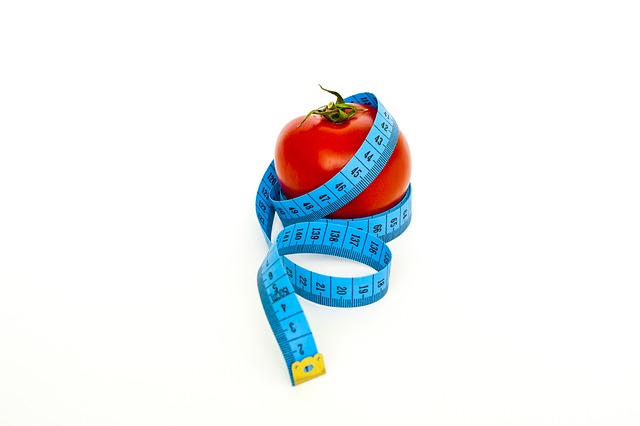
Management and Treatment
The most difficult challenge in treating anorexia is helping the person to recognise and accept that they have a disorder. Many young people with anorexia will deny that they have an illness and will only seek medical treatment when their condition or symptoms become serious or even life-threatening. This is why it’s so important to recognise, diagnose and treat anorexia in its early stages.
The goals of treatment for anorexia include:
- Stabilizing weight loss.
- Beginning nutrition rehabilitation to restore weight.
- Eliminating binge eating and/or purging behaviors and other problematic eating patterns.
- Treating psychological issues such as low self-esteem and distorted thinking patterns.
- Developing long-term behavioral changes.
People with eating disorders, including anorexia, will often have other additional mental health conditions which can further complicate anorexia so treatment is key to help with both physical and psychological conditions as they often go hand-in-hand.
Treatment options will vary according to the individual needs and how far anorexia is controlling their lives. If a person is not at a severe stage they may receive treatment through residential care (outpatient care) or depending on their current physical conditions and mental health state may require a residential programme at a hospital. Treatment for anorexia most often involves a combination of the following strategies:
- Psychotherapy.
- Medication.
- Nutrition counseling.
- Group and/or family therapy.
- Hospitalisation.
Nutrition Counseling & Family Support

Learning to have a healthy relationship with food and encouraging healthy eating habits is key. There has been much research done about how your diet plays such an important role in maintaining good mental health. For someone with anorexia, the journey to recovery and gaining weight can be a very difficult and delicate process. Long periods of restricting food can also cause deficiencies in proteins, micronutrients and fatty acids, meaning nutritional management is key.
This usually means that specialist meal plans are needed to correct the imbalances and not cause additional problems. Aggressive attempts to boost weight gain during the early stages of treatment could be detrimental.
Experts strongly emphasise the gradual recovery from anorexia which can take time. There is no one ‘cure’ to ‘fix someone’ it’s just a process with varying stages of improvement. Anorexia is not a medical condition that can clear up with antibiotics and it can change in severity from week to week and relapse depending on the emotional health of those suffering. Recovery is possible and family support is very important for treatment success. Family members must understand the eating disorder and recognize its signs and symptoms.
Anorexia is a serious eating disorder and requires treatment as the extreme weight loss associated with the disorder leads to malnutrition and other dangerous health and psychological related problems, and in the worse cases even death.
Editors Note: Please find attached here a list of mental health providers in Bangkok. This list is not an exhaustive list of counselors available in Bangkok, it has been generated by actual personal recommendation. We highly recommend contacting a few of the above and finding who you personally feel most com











